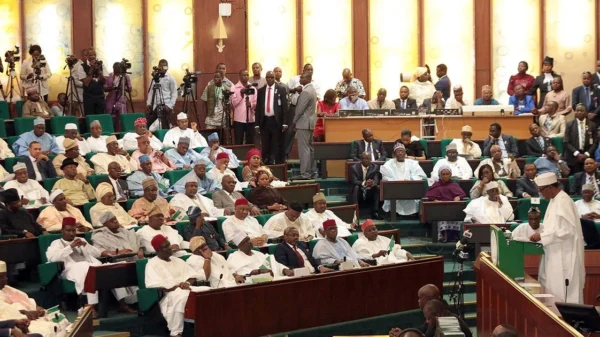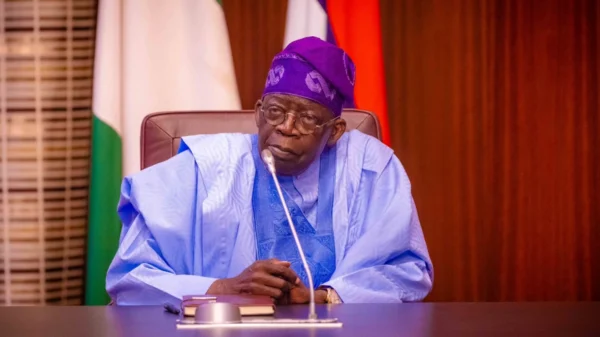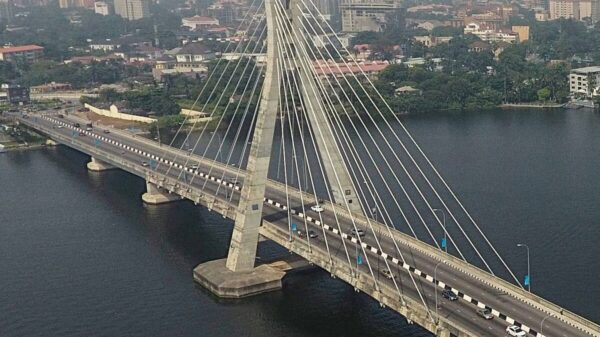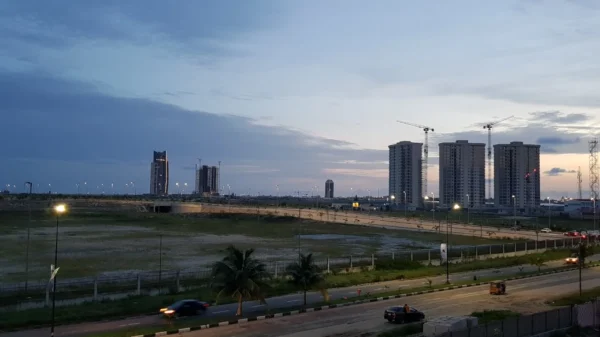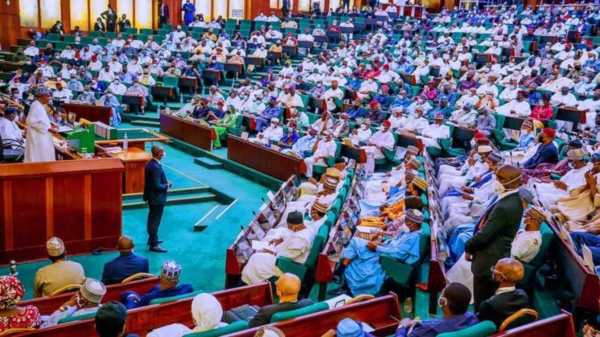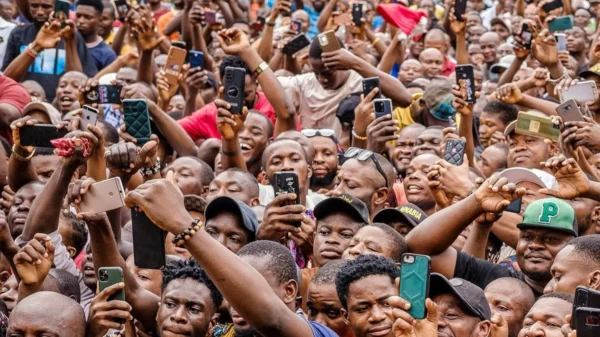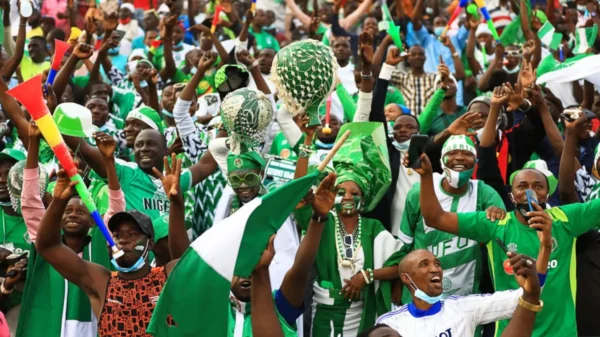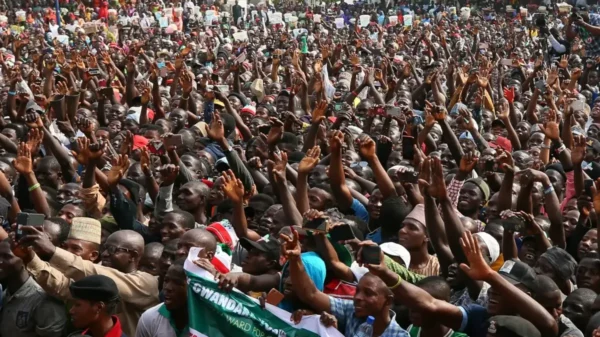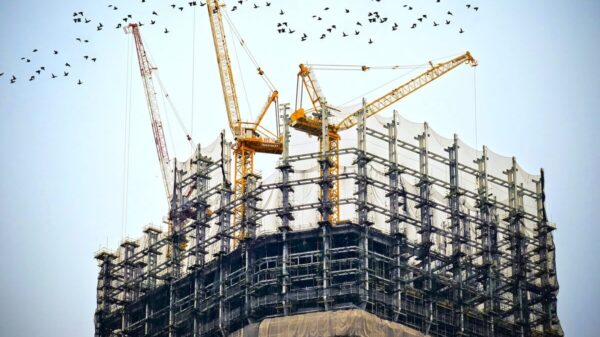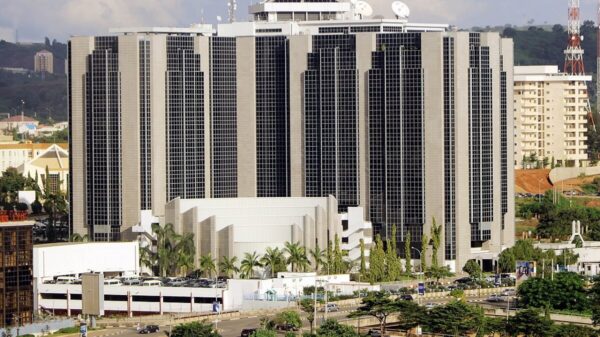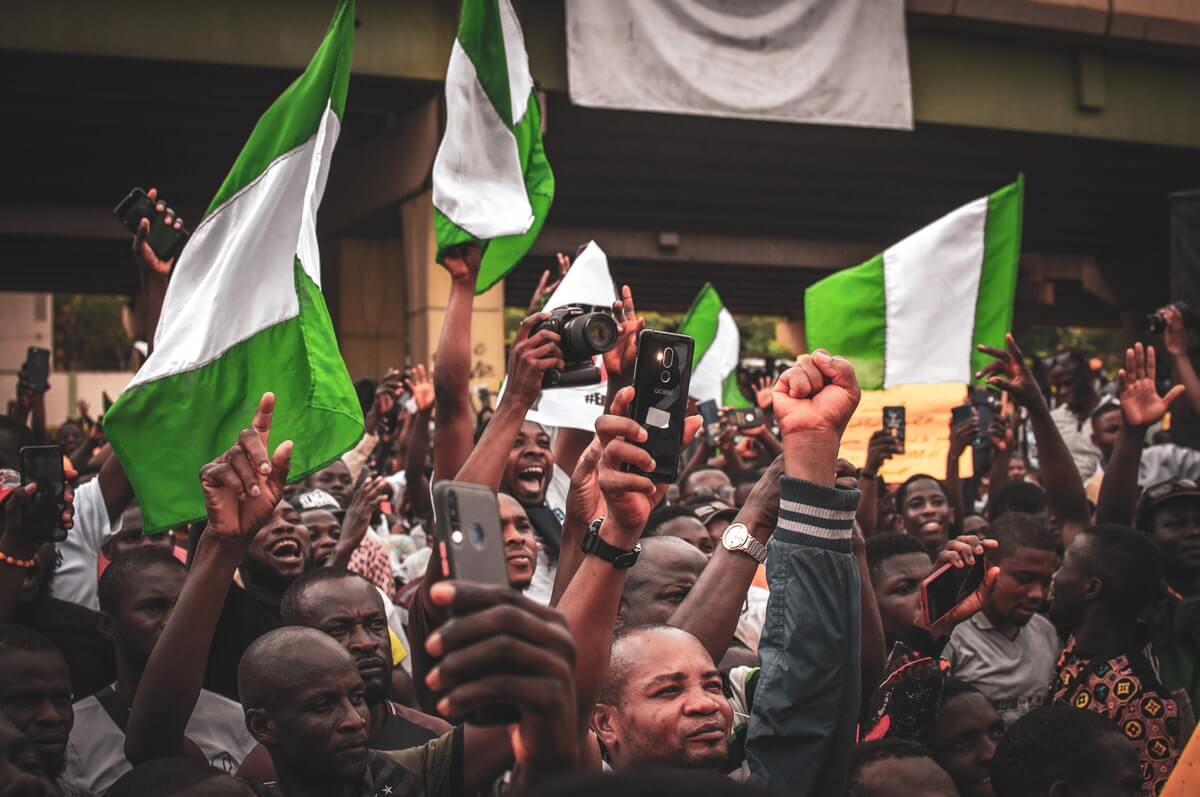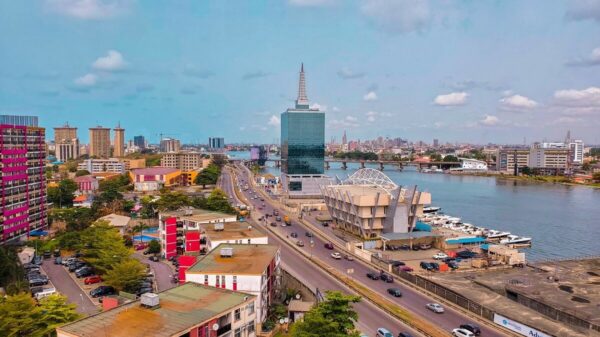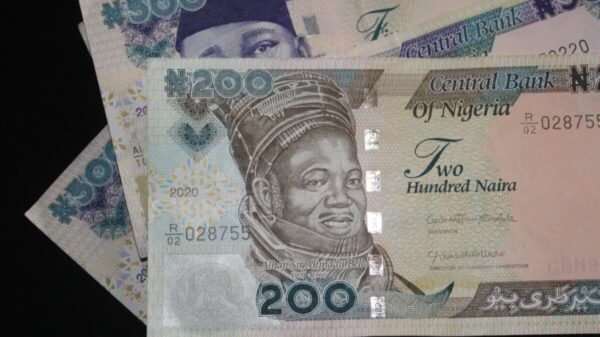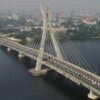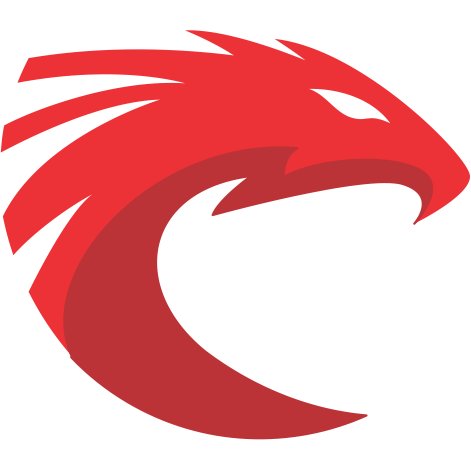They work much like most other political processes here do – in a half-baked, unduly transactional and seemingly-legitimate-but-potentially-litigious manner. In other words, party primaries in Nigeria work in two (2) ways, the way they SHOULD work, and the way they actually work.
Our political parties are required by law to conduct primary elections, should they intend to nominate and field a candidate into an elective position. The law, in this sense, is mostly the country’s Electoral Act, but also includes operative provisions from the Constitution and INEC guidelines. The law stipulates that primaries be conducted in a [1] Direct or [2] Indirect format. In both cases, the party has to convene to vote; either as a convention or a congress depending on the open position up for grabs (It’s a Convention for a presidential seat, and a Congress for governorship and legislative seats).
Regarded as tedious and time-consuming, the direct format simply involves all registered members voting to choose an aspirant as the flag bearer – much like the general populace does in a general election. Conversely, the indirect method empowers a special group of voters called ‘delegates’ to make the choice for everybody else.
It all sounds pretty straightforward. Parties typically utilize the indirect format, but it is not unheard of that they conduct less-consequential primaries using the direct format. It’s really up to the National Executive Committees (NECs), the highest organ of political parties, to determine what goes.
Utilizing the indirect format, parties churn out two types of delegates on whom the will of the people supposedly rests. “Ad Hoc delegates” are picked through ward congresses by registered party members – to represent them at local, state, and national congresses. There are also people who are automatically picked to be delegates. Known as “Statutory delegates”, these are party members who are former or current public office holders.
These delegates typically don’t actively vote to pick flag-bearers, instead they just help canvass followership for the aspirants they support. While the laws backing these procedures follow a presumption of fair play, equity and due process; this is Nigeria. The parties’ winner-takes-all attitude ensures that aspirants supported by these statutory delegates have the better chances at emerging. There’s more clout, money, and promises to go around. But they always played the background. Until they recently tried to include themselves in the active process.
Although they failed, the indirect method still ensures that primaries are too easily manipulated by party leaders, aspirants, as well as delegates. Given what all Nigerians saw, at the last televised primaries, what really goes on is power-mongers buying votes, and delegates selling their votes to the highest bidder at the detriment of the wishes of the people.
Othniell is a Nigerian, and a Nordophile. ♫ You can tell by the way he uses his walk, he’s a woman’s man, no time to talk ♫.


